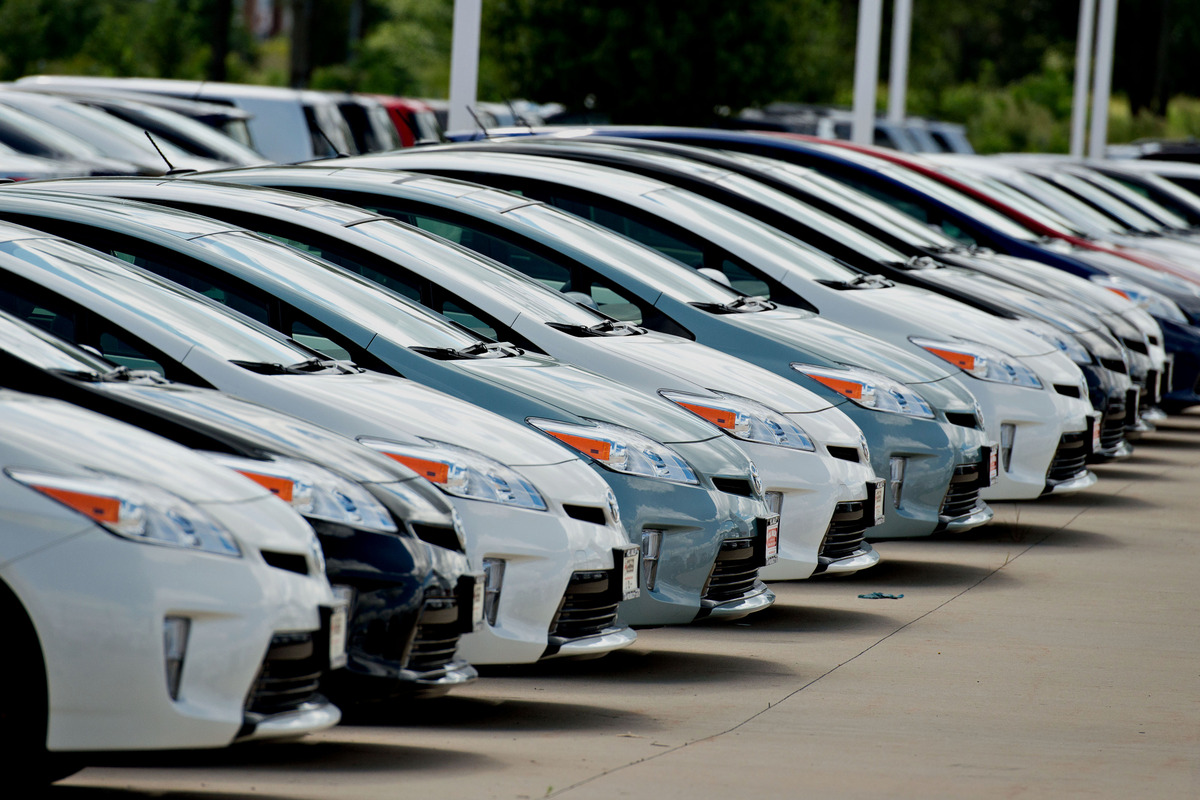- Car Sales Drop Amid Apapa Gridlock
The inability of potential customers to access auto dealers at Berger area of Lagos is hurting car sales, the United Berger Auto Dealer Association (UBADA) has stated.
In an interview with James-Brown Nwabueke, the Chairman, National Dealers Forum, UBADA, the chairman said the association has done everything possible to up sales but nothing seem to be working.
He said, “In a week, we hardly sell up to two or three cars. Sometimes, we don’t sell anything in some weeks. As I am talking to you now, sales had dropped by 98 per cent. It is that bad. The road is very bad but we are doing a lot to make sure that we improve it. Most of the fillings you see here are self-help efforts on our own to improve the situation, but at the end of the day the trailers on the traffic queue destroy it.”
Nwabueke said the situation has pushed their customers to competitors in Festac and Western Avenue, saying “if you want to enter this place now to buy a car, it will take you up to five hours; that’s why many people don’t come to Berger again; they go to Western Avenue or Festac to buy.”
He later said if the situation is not addressed that it would affect job creation and create an avenue for crimes.
“We are trying to partner with the government to do the right thing because a lot of people are going to lose their jobs if nothing serious is done. From dealers to people washing cars, women doing businesses here, we have more than 3,000 people working in Berger who are fully employed and receive payment which keeps them out of all manner of criminal activities”, he said.
The chairman, however, advised the federal government to open land borders to boost the economy, ease congested roads leading to Apapa and Tin-Can Island wharfs and enhance revenue by doing so.
He said: “If the government opens our borders, Customs in collaboration with Auto Dealers Association, Lagos State chapter, will make sure that no vehicle that is not with duty paid value, DPV, will enter any market in Lagos State.
“This is not about the Customs being on the road to check what they want to check and allowing some to go free like while they collect their bribes. Often these Customs men would ask the smugglers to while a different team would still catch them up again somewhere ahead. The people that will say no to it are the people at the helm of affairs in the market. If you bring it we check it, if it is not with duty paid value, they are made to pay.
“Land border revenue generated will be going into the federal government purse instead of only shipping companies. The land border will boost the economy of this country. I wouldn’t like to see this country that I have known and lived in for many years to deteriorate the way is doing now”, he concluded.

 Forex3 weeks ago
Forex3 weeks ago



 Naira2 weeks ago
Naira2 weeks ago
 Billionaire Watch2 weeks ago
Billionaire Watch2 weeks ago




 Naira2 weeks ago
Naira2 weeks ago




 Naira2 weeks ago
Naira2 weeks ago






 Naira4 weeks ago
Naira4 weeks ago


 Naira1 week ago
Naira1 week ago






 Naira4 weeks ago
Naira4 weeks ago










